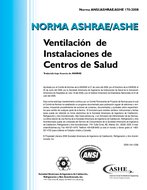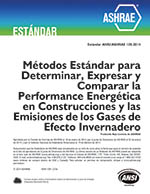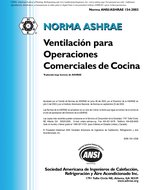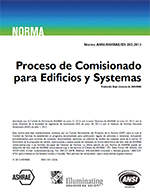Description
Radiant space heating seems to offer distinct advantages for comfort control of an environment.The prospect of direct coupling between the heat source and subject would appear to producethermal comfort with lower dry-bulb temperatures than convection heating. This in turn wouldmean less heat loss from the structure with a resulting increase of heating efficiency overconvective-type systems. However, the radiation also heats the solid surfaces it falls on andthese in turn heat the air. Thus there has been a question as to the effectiveness of radiantheat.
In the early 1960’s a task group was formed to provide guidance in the use of high intensityradiant heat. Several conclusions were drawn from the laboratorystudies (1,2,3) and the task group recognized the need for field testing to validate these conclusions. RP-98 was subsequently carried out during the1971-72 heating season. Reliable data were found to be more elusive than anticipated, butsome general conclusions can be drawn from the tests. This paper discusses and eveluates the field test results.
Product Details
- Published:
- 1976
- Number of Pages:
- 7
- File Size:
- 1 file , 420 KB
- Product Code(s):
- D-DA-2381
- Note:
- This product is unavailable in Russia, Belarus




